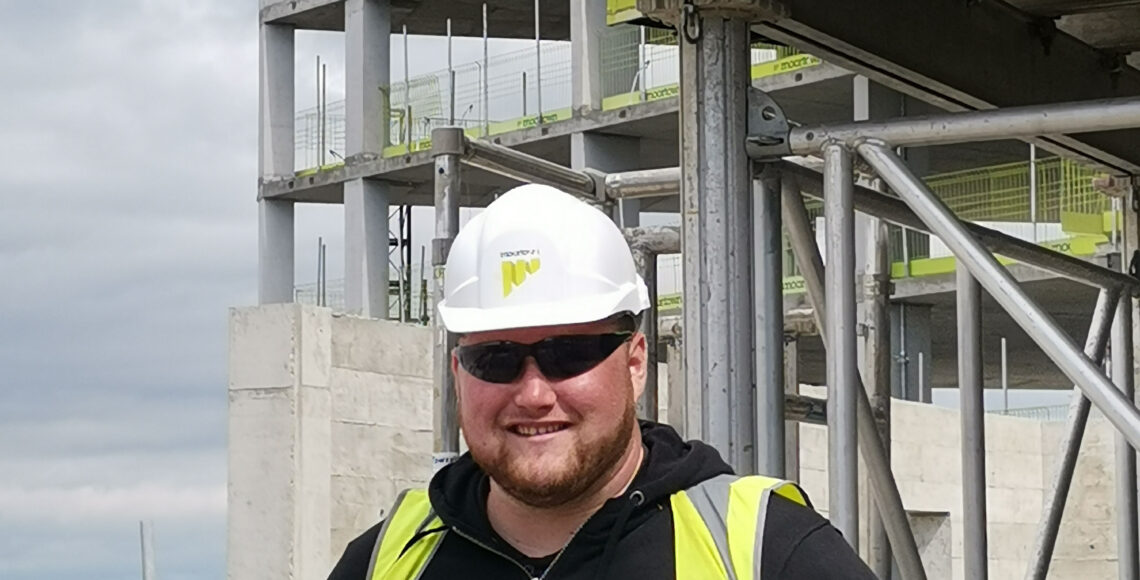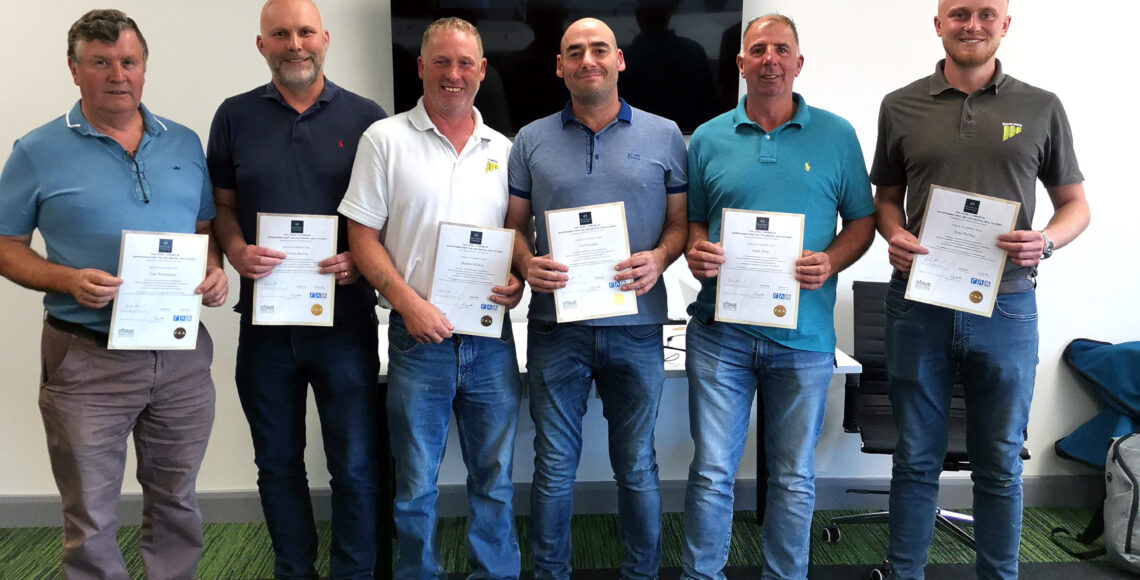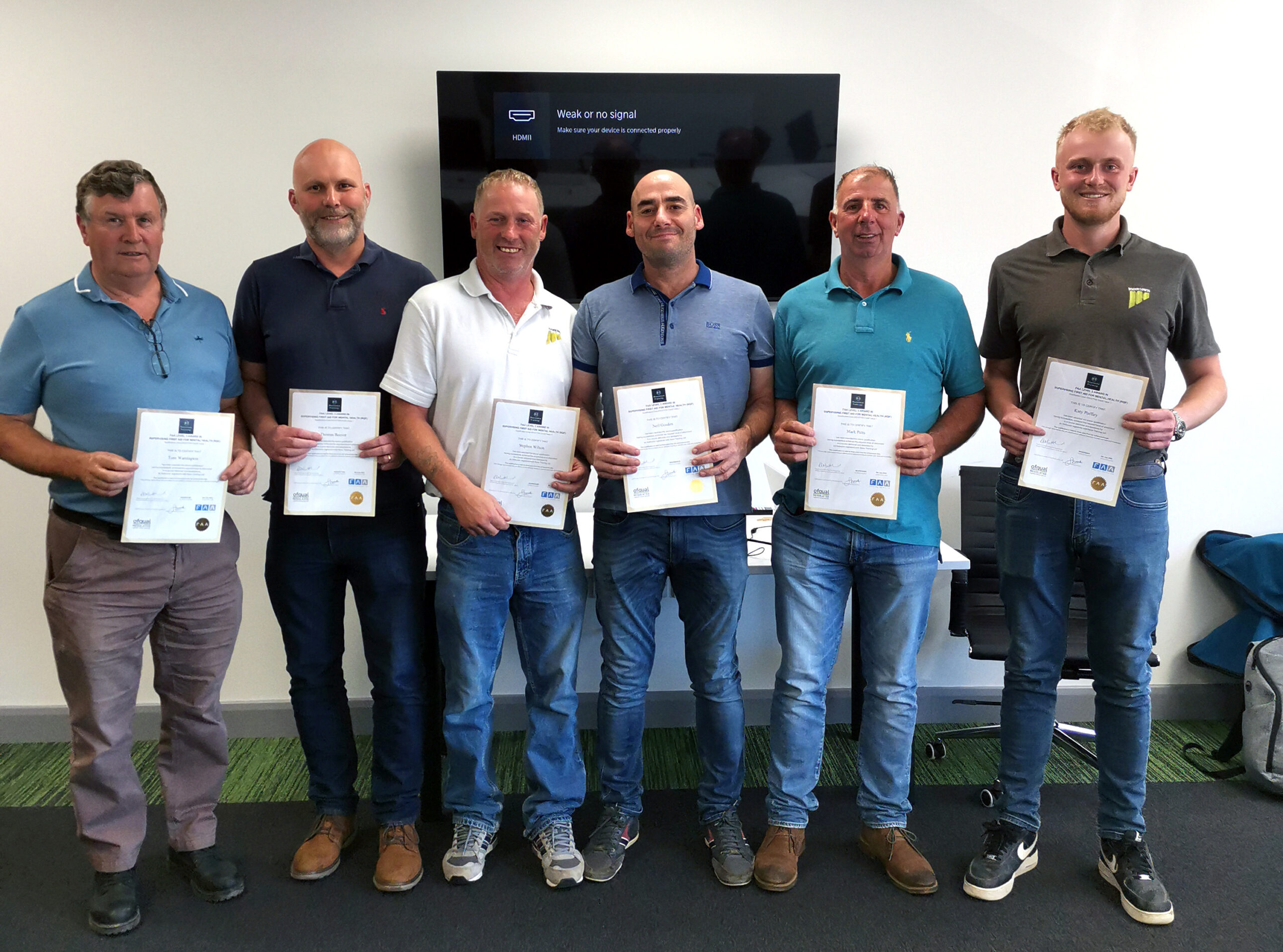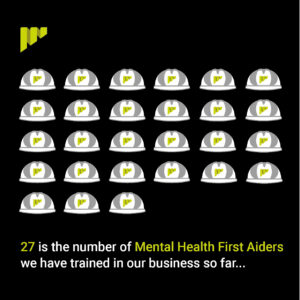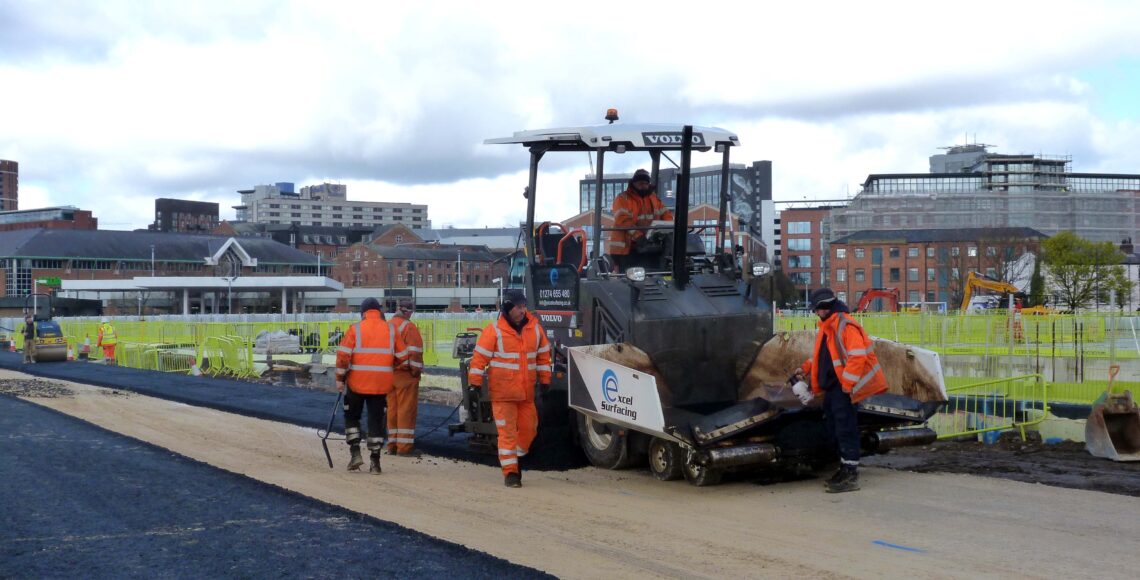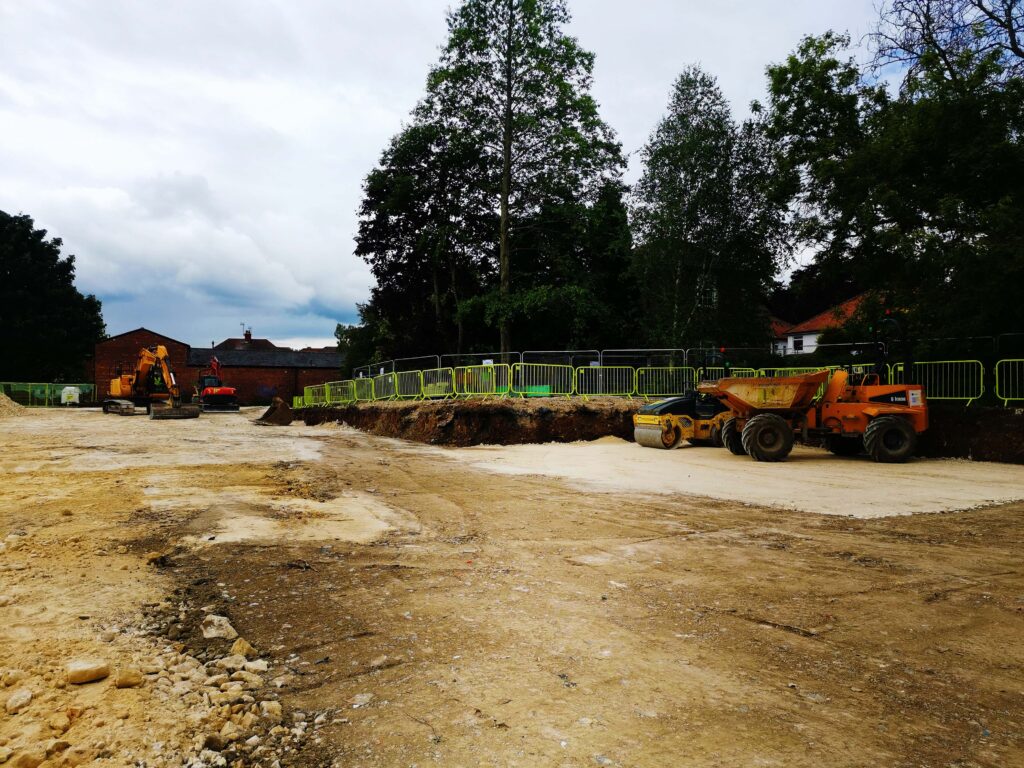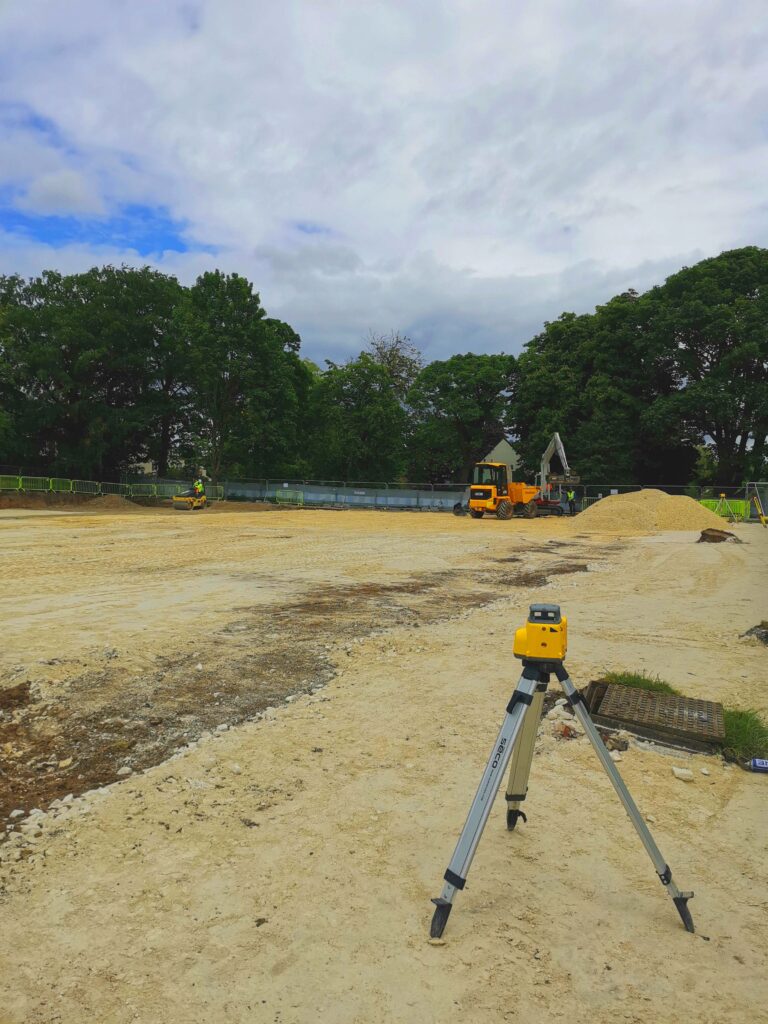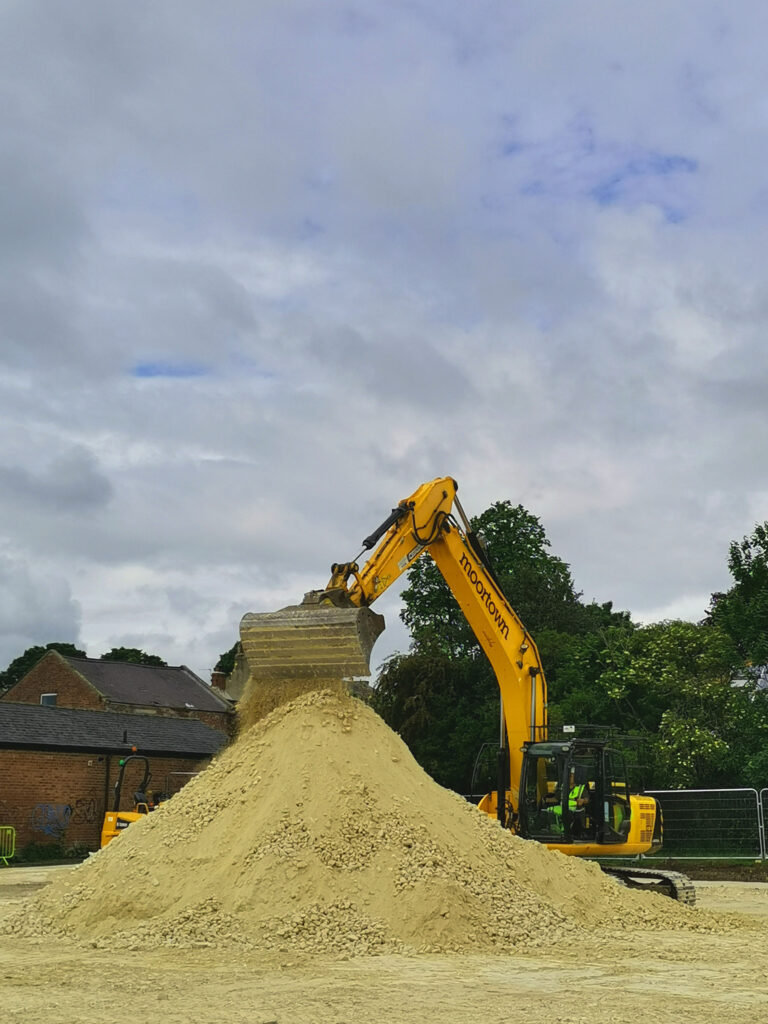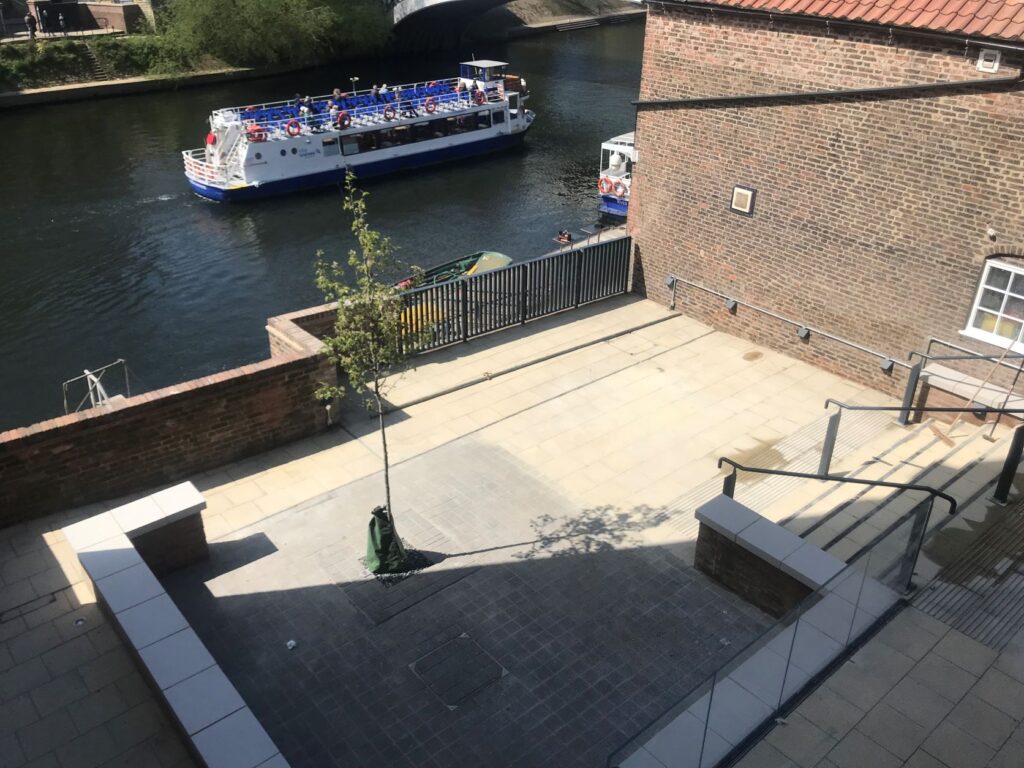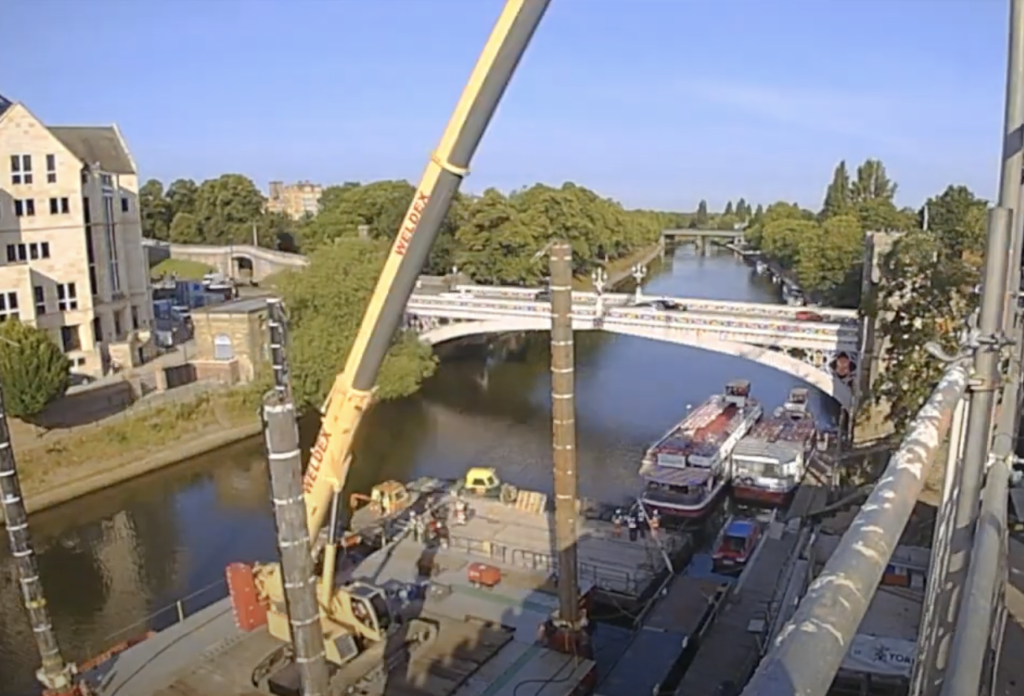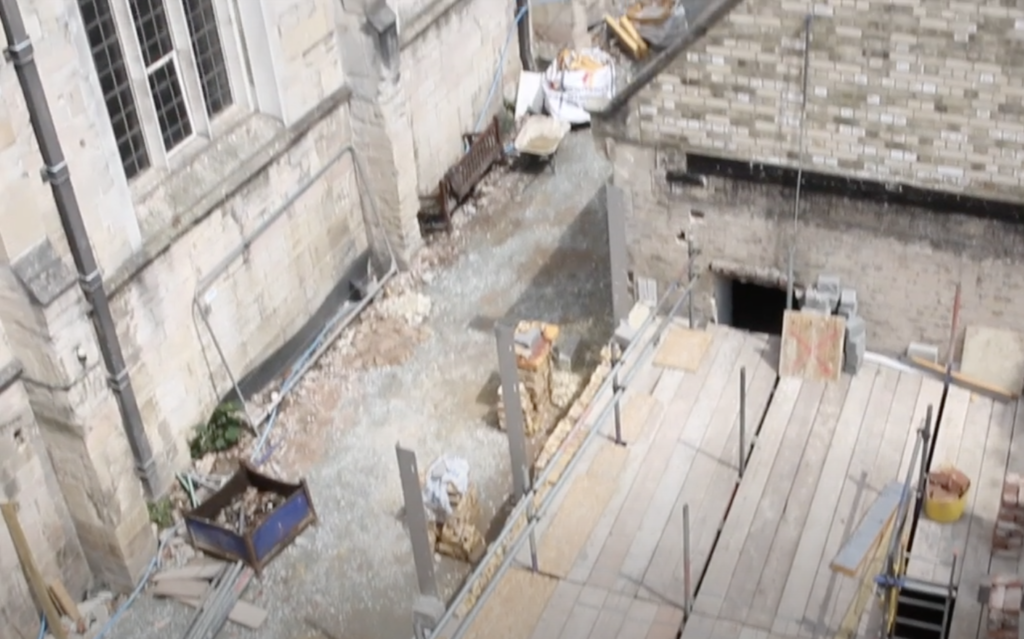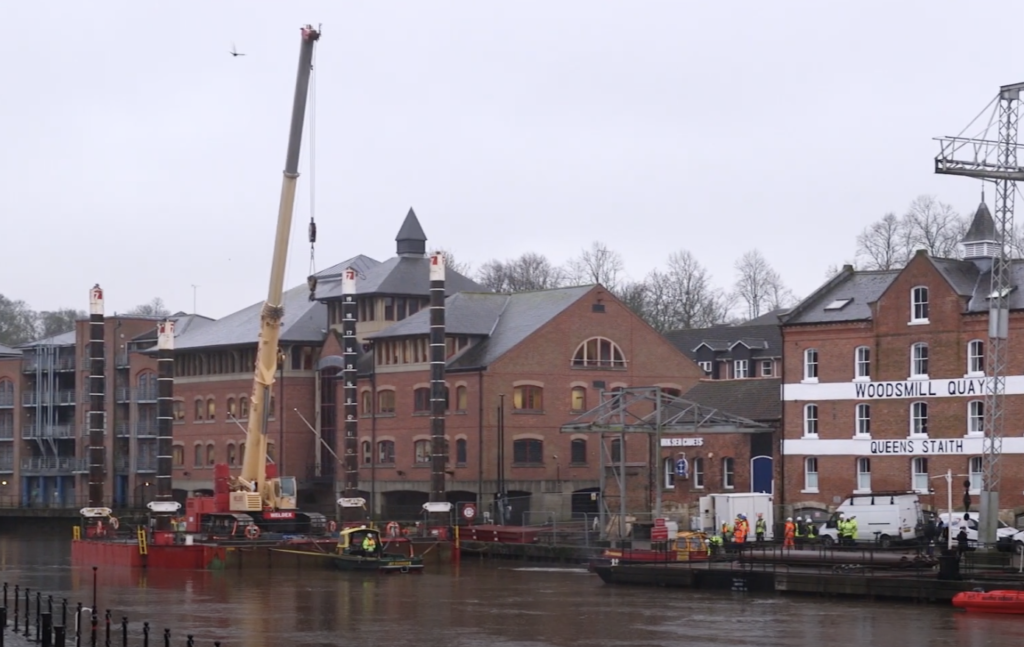Why does tarmac melt?
Given the extreme high temperatures lately, everyone has been effected one way or another whether it’s trying to go from A to B by rail or road. The government advice has been to stay at home if possible and avoid travelling in order to reduce further risk to vehicle tyres on tarmacked roads.
Tarmac is viscoelastic, meaning it can transition back to liquid when it’s hot enough, despite being strong and sturdy for the most part. The average temperature at which tarmac starts to soften is at around 50°C.
With current rising temperatures in the UK and around the world, it is inevitable that the tarmac will soften and melt. The weight of heavy traffic severely impacts the roads causing ridges and further danger to other drivers, especially when the air cools and the tarmac hardens again making it brittle. With ground temperatures being much higher than air temperature, roads frequently reach over 50°C.
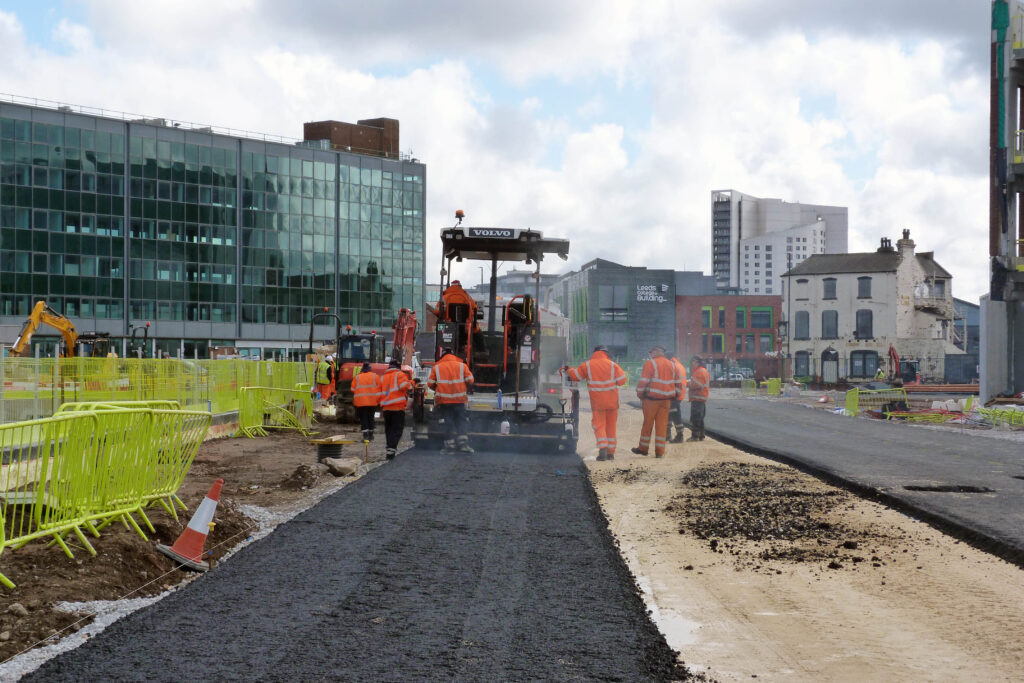
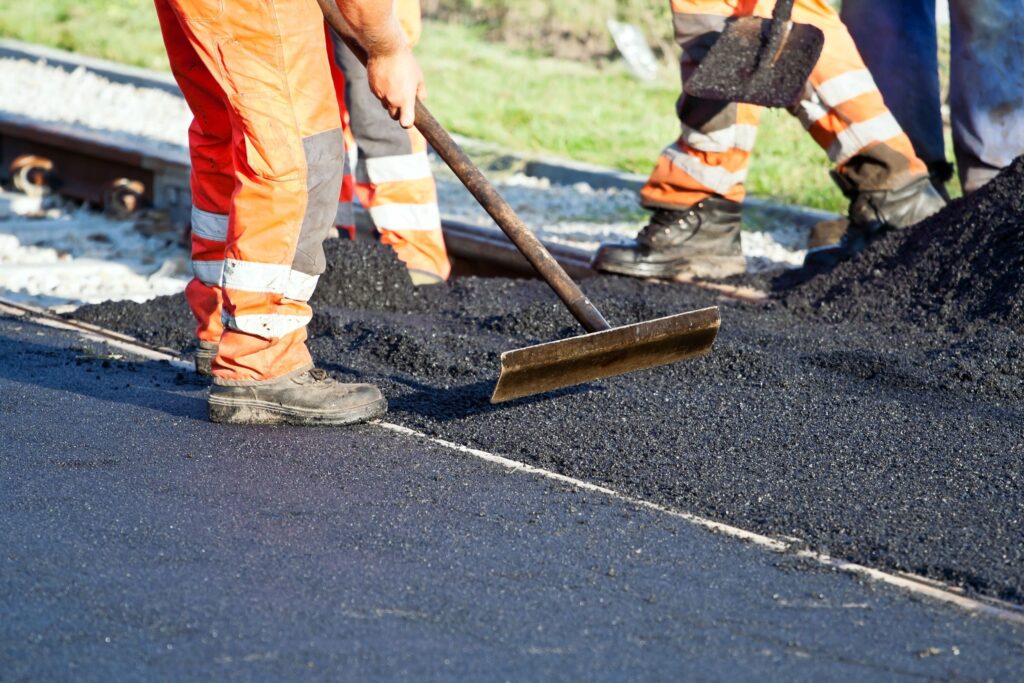
Can we build better?
Edgar Purnell Hooley, a Welsh inventor, was one of the first to create the product tarmacadam in 1902 which later became very popular as it was extremely smooth. Since then, many materials and ingredients found within tarmac have been upgraded and evolved into modern asphalt concrete and bituminous surface treatments to help protect the surface longer.
The cost of asphalt and tarmac varies considerably, with asphalt often being the cheaper option and is more commonly used on our motorways. But not all our road surfaces are made from the same type of asphalt or tarmac which is why melting can vary so much. When the air temperatures outside is 25°C, asphalt in the sun has been measured at 51°C.
Melting tends to only affect the top layer, better known as the surface course layer and this is normally between 3-5cm thick. On heavily trafficked roads, you would typically find three layers: a surface course layer, a binder course layer (about 7cm) and a base layer (10-15cm thick). But on country lanes, which carry less traffic, you’re likely to find only two asphalt layers.
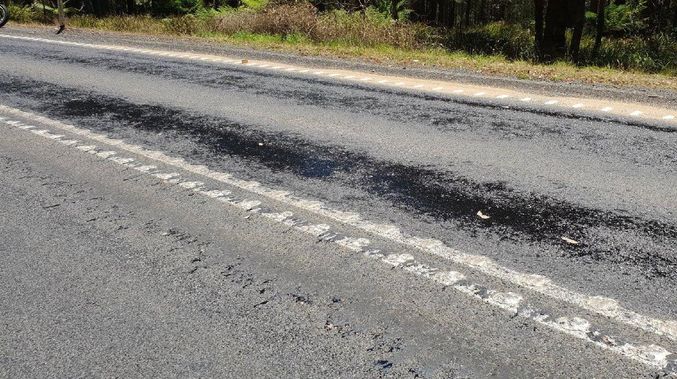
With this in mind, the road industry introduced a new asphalt specification in 1995, allowing asphalt surfacing’s to be made using polymer modified binders. This is so that the softening point of the asphalt is raised to around 80°C instead. In the UK, it is estimated probably less than 5% of all the road surfaces contain polymer modified asphalt.
The grade of bitumen binder used to make the asphalt is the main contributing factor in how quickly the surface will soften. Harder paving grade bitumen’s are resilient which allows for the asphalt to better withstand high temperatures.
From country to country, you will find a huge variation in quality of product due to the design and build parameters that have been applied. Consequently, any weather extremes are able to cause huge damage to our roads, but planning ahead for such eventualities is essential.

References





